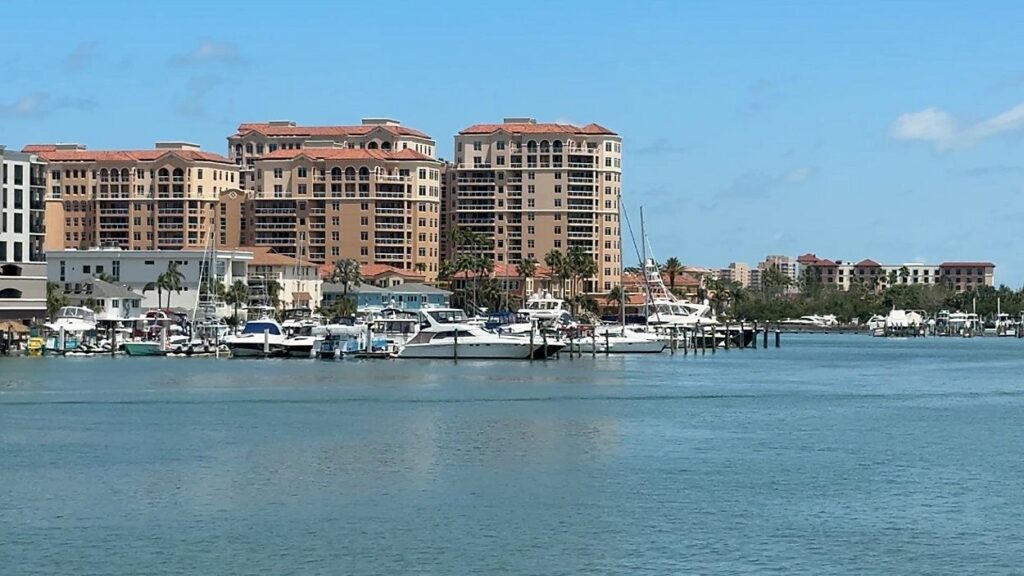Tampa Bay Real Estate Market Faces Challenges, Condo Sector Hit Hard
The Tampa Bay area real estate market is showing signs of change, with growing inventory levels but fewer active buyers—a shift that may signal a market cooldown. While the broader Florida housing market remains relatively stable, the condominium sector is experiencing significant difficulties that are catching the attention of industry experts.
Florida’s Condo Market: A Buyers’ Market Amid Rising Inventory
Florida is renowned for its vibrant condominium lifestyle. Approximately 2 million residents live in condos across the state, attracted by proximity to beaches, stunning waterfront views, and the convenience of minimal yard maintenance. However, current trends reveal a decline in demand for condo living, particularly in coastal areas like St. Pete Beach.
Why Are Condos Losing Appeal?
Several factors contribute to the shifting condo market dynamics:
-
Complex Ownership Responsibilities: Condo ownership involves navigating management, financing, and community behavior considerations. Jane McCroary of RE/MAX Metro on the beaches emphasizes that understanding the intricate details of condo living is crucial before purchasing.
-
Increased Inventory and Falling Prices: For instance, a two-bedroom unit at the Yacht and Tennis Club of St. Pete Beach initially listed at $469,000 has recently dropped to $399,000 due to growing supply and weaker demand.
[link-whisper-related-posts] -
Second-Home Buyers Pull Back: Many condo purchasers are second-home buyers who are more likely to delay or cancel plans under market uncertainty than people relocating for primary residences.
- Decrease in International Buyers: The Canadian market, traditionally a strong source of buyers, has cooled due to exchange rate disadvantages and geopolitical trade factors. This dip reduces cross-border condo sales significantly.
Impact of Surfside Collapse: New Regulations Shake the Market
The tragic 2021 Surfside condominium collapse has produced lasting repercussions on condo ownership statewide:
-
Mandatory Structural Assessments: State law now requires condos three stories or taller to undergo engineering inspections to ensure safety.
-
Reserve Fund Requirements: Condo associations must maintain sufficient reserves to cover major repairs (e.g., if a roof replacement costs $1.8 million, those funds must be accrued by the time of replacement).
- Rising HOA Fees: To cover increased insurance costs, structural reviews, and reserve funding, monthly homeowner association (HOA) fees have notably increased. Some lower-priced condos now face fees as high as $800 per month, which can deter budget-conscious buyers.
What This Means for Buyers and Sellers
For Buyers:
-
Opportunity Awaits: Experts believe the condo market has reached or is near its bottom, presenting a prime time to purchase at lower prices with potential long-term value.
- Vigilance Is Key: Due diligence on HOA fees, building conditions, and upcoming assessments is essential before committing.
For Sellers:
-
Pricing Realistically: Adjusting expectations around market value and being open to negotiations can help attract prospective buyers.
- Highlighting Unique Features: Showcasing waterfront access, amenities, or recent upgrades can set listings apart in a competitive environment.
Key Takeaways: Understanding Tampa Bay’s Real Estate Landscape
-
Condo Market Presents Buyer Advantages: Slowing sales and rising inventory favor those ready to invest in condo properties.
-
Florida Housing Market Shows Stability: Single-family homes experience steadier demand compared to condos.
- New Laws Increase Condo Ownership Costs: Structural safeguards and reserve funding requirements impact monthly expenses significantly.
Additional Resources
-
Learn more about Florida condo insurance requirements and how they affect homeowners.
-
Explore real estate market trends in Tampa Bay for detailed reports and forecasts.
- For buyers considering condos, review best practices from the Florida Realtors Association.
Navigating the Tampa Bay real estate market, especially its condo sector, requires understanding these evolving challenges and opportunities. Whether you are buying a coastal condo or selling your current unit, staying informed about market shifts and regulatory changes will empower smarter decisions in 2024 and beyond.


